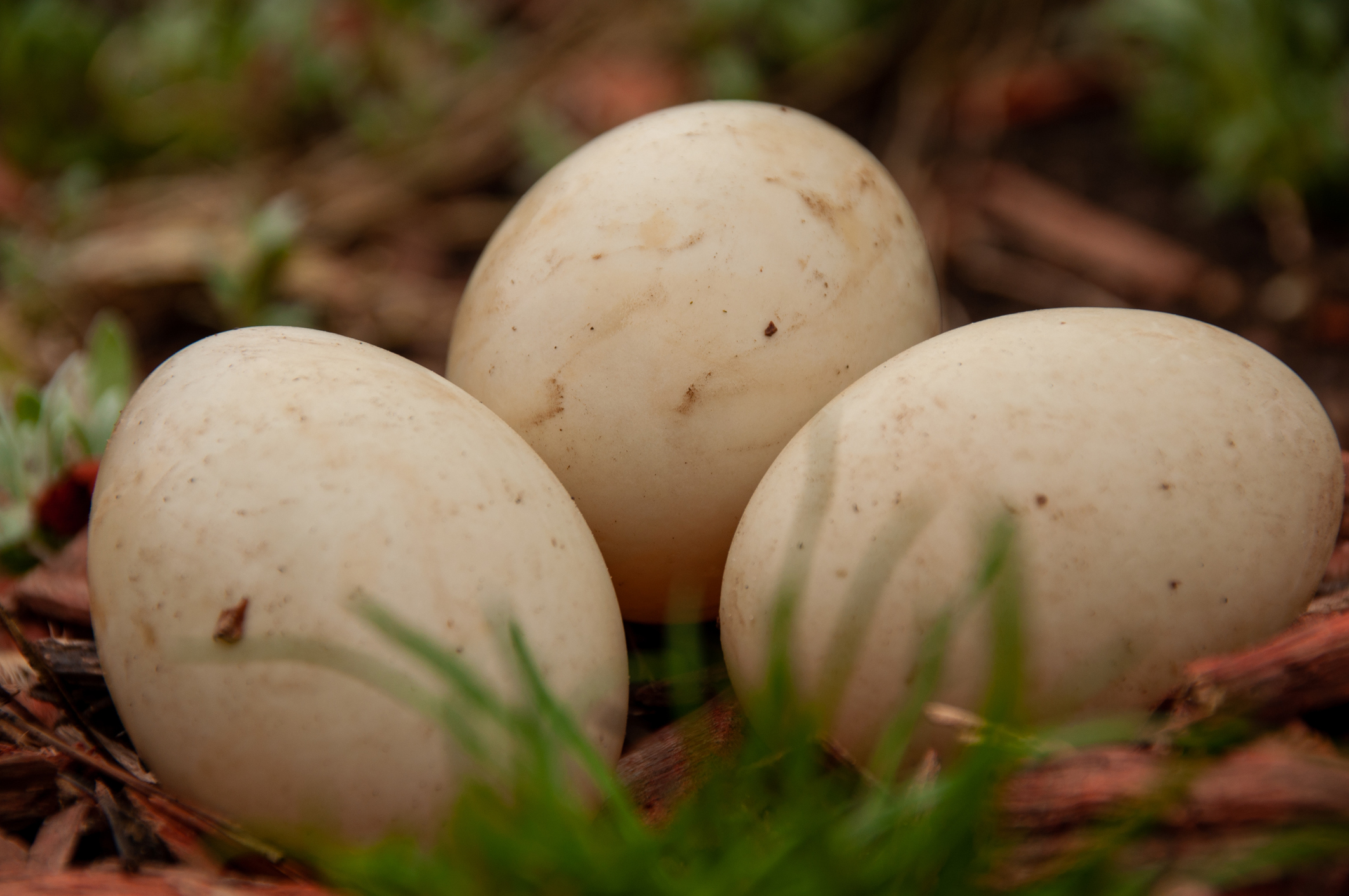Egg (duck)
Duck eggs, larger and more nutrient-rich than their chicken counterparts, have been gaining popularity in culinary circles worldwide, including in Alberta. Valued for their rich flavor and versatility, these eggs have emerged as a gourmet ingredient in both traditional and contemporary cooking.

More on Egg (duck)
About
Duck eggs are distinguished by their size, which is typically larger than chicken eggs, and their shells, which are often thicker and more robust. The yolk of a duck egg is larger in proportion to the white, leading to a creamier texture and a richer taste. These eggs are produced by various duck breeds, each with its characteristics. In Alberta, where diverse farming practices thrive, duck eggs are increasingly sought after, not only for direct consumption but also for their use in artisanal baking and cooking, given their ability to add richness and depth to dishes.
History
While the domestication of ducks for eggs has a long history in parts of Asia and Europe, the use of duck eggs in North American cuisine is a more recent phenomenon. In Alberta, as culinary trends have shifted towards locally sourced and unique ingredients, duck eggs have found a growing market. They are appreciated not only among those with allergies to chicken eggs but also by chefs and food enthusiasts looking for an ingredient that brings additional flavor and texture to their dishes.
Ways To Cook
Duck eggs are celebrated for their culinary versatility. Their rich yolks make them excellent for baking, contributing to fluffier, richer cakes and pastries. They are also prized in dishes where the egg is the star, such as in custards, quiches, or creamy sauces. For a simple yet luxurious breakfast, a duck egg can be fried or poached, with the larger yolk providing a sumptuous experience. In Alberta, where experimental and farm-to-table cooking is cherished, duck eggs are often featured in specialty dishes at local restaurants. The robust nature of the shell also makes duck eggs suitable for pickling, a popular method of preservation that adds a unique twist to this versatile ingredient.
